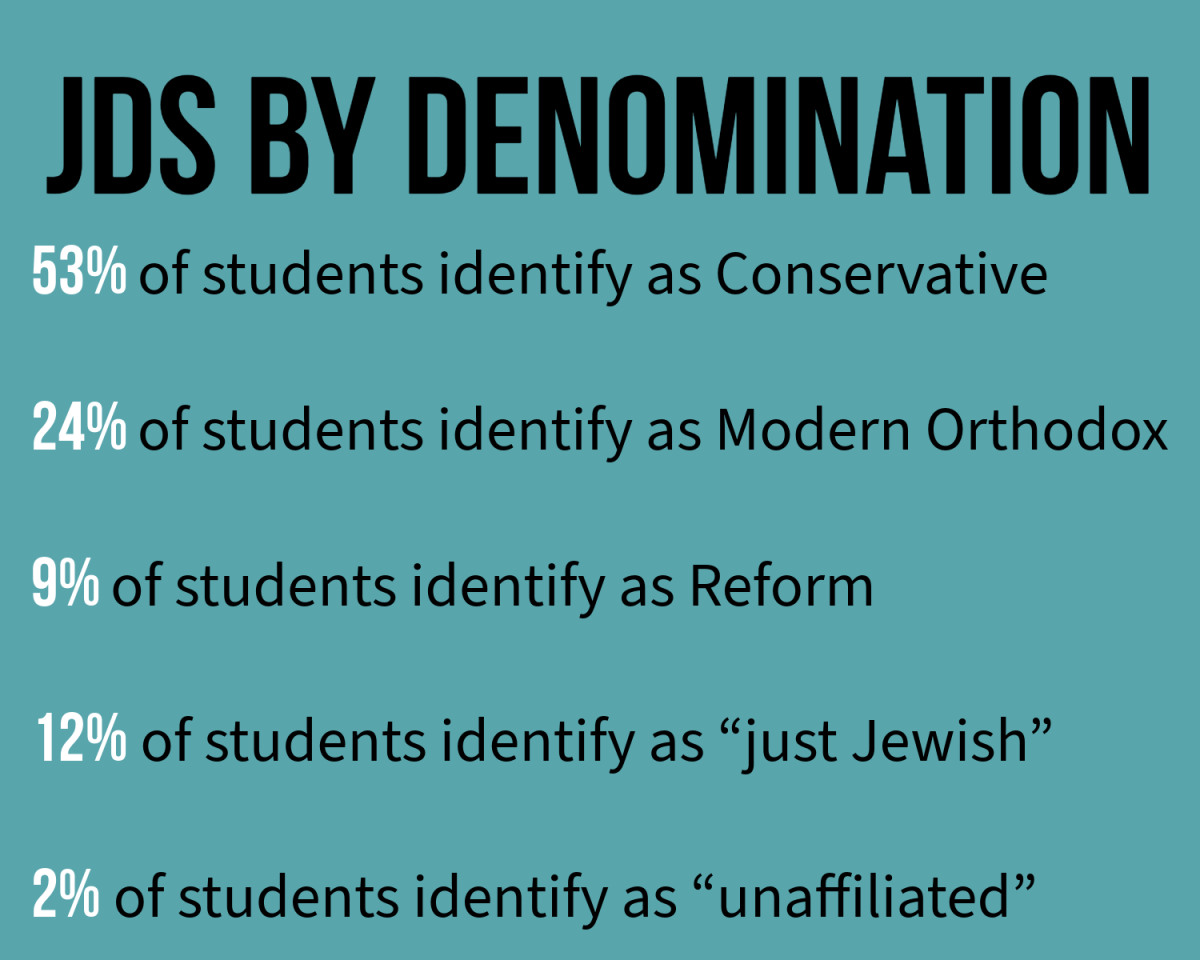Kanye West is a narcissistic, antisemitic and disgusting individual, yet he is also my number one most listened to artist of 2025 so far. Despite finding him despicable, I am completely content with my consumption of his music.
In a time where personal misconduct is more publicized than ever, the question as to whether or not we ethically can consume media made by people whose views we do not agree with has become far more prevalent. To this question, I think the only reasonable answer is a resounding yes.
Some say that by consuming the art made by these people you are supporting them monetarily, but that is not true.
Using my listening of Kanye West as an example, through my 3,423 minutes of listening to his music in 2024, assuming the average song length is three and a half minutes, I gave West a total of 978 streams. According to Indie Music Academy, the average payout of a Spotify stream is in between $0.003 and $0.005. Using these figures, my streams of his music have given him around $2.93 to $4.89, an incredibly miniscule amount for someone who has such a large income.
What me and many others have gained from this listening, however, is worth far more. The value we receive as listeners, in terms of both entertainment and emotional fulfillment is immeasurable and if put into monetary terms would add well above the money West makes from our listening. People like Miles Davis, Michael Jackson and Kanye West have helped me through incredibly difficult times in my life; singing along to their music is a reminder that life will be okay.
Another common critique I receive is that by consuming this art, you are inherently validating their decisions or lifestyle. This is a completely absurd take. Engagement with a work does not support any individual as art itself is independent of the individual.
Art transcends individuals. Once released into the world, a song, film, book or painting takes on a life of its own and resonates differently with each viewer or listener. By tying a piece of art to a specific individual, we flatten the art and take away all the subjective beauty which comes with it.
Pablo Picasso inspired generations of modern artists and revolutionized art with his beautiful paintings, while being a misogynist and womanizer. Roman Polanski created beautiful films displaying the wonders of the Jewish experience and others simply bringing entertainment to many, while being a sex-offender. If we only focussed on these people’s pasts then we wouldn’t be able to witness the beauty they brought into the world.
Even if we decide to consume art with the context of the creators’ controversial or even reprehensible past, it allows us to better understand their thought process and their ideas, allowing us to more easily process who they are as people or the kind of situations and thoughts which lead to their controversy.
Some say that if the art being created is controversial, or the person making it is controversial, you are elevating that person and their art to a platform which could indoctrinate others. This is untrue, as most have the cognitive dissonance to not be indoctrinated by the art.
This is directly supported by the Psychological principle of Reactance Theory, a well-backed principle which states that when there are attempts to make people less free, through indoctrination, imprisonment, etc., people instinctively push back on said indoctrination.
Consuming art from morally reprehensible figures isn’t compromising your morals, rather it shows the complexity of humanity, allowing us to engage with controversial people and consume the beauty that they create.
















